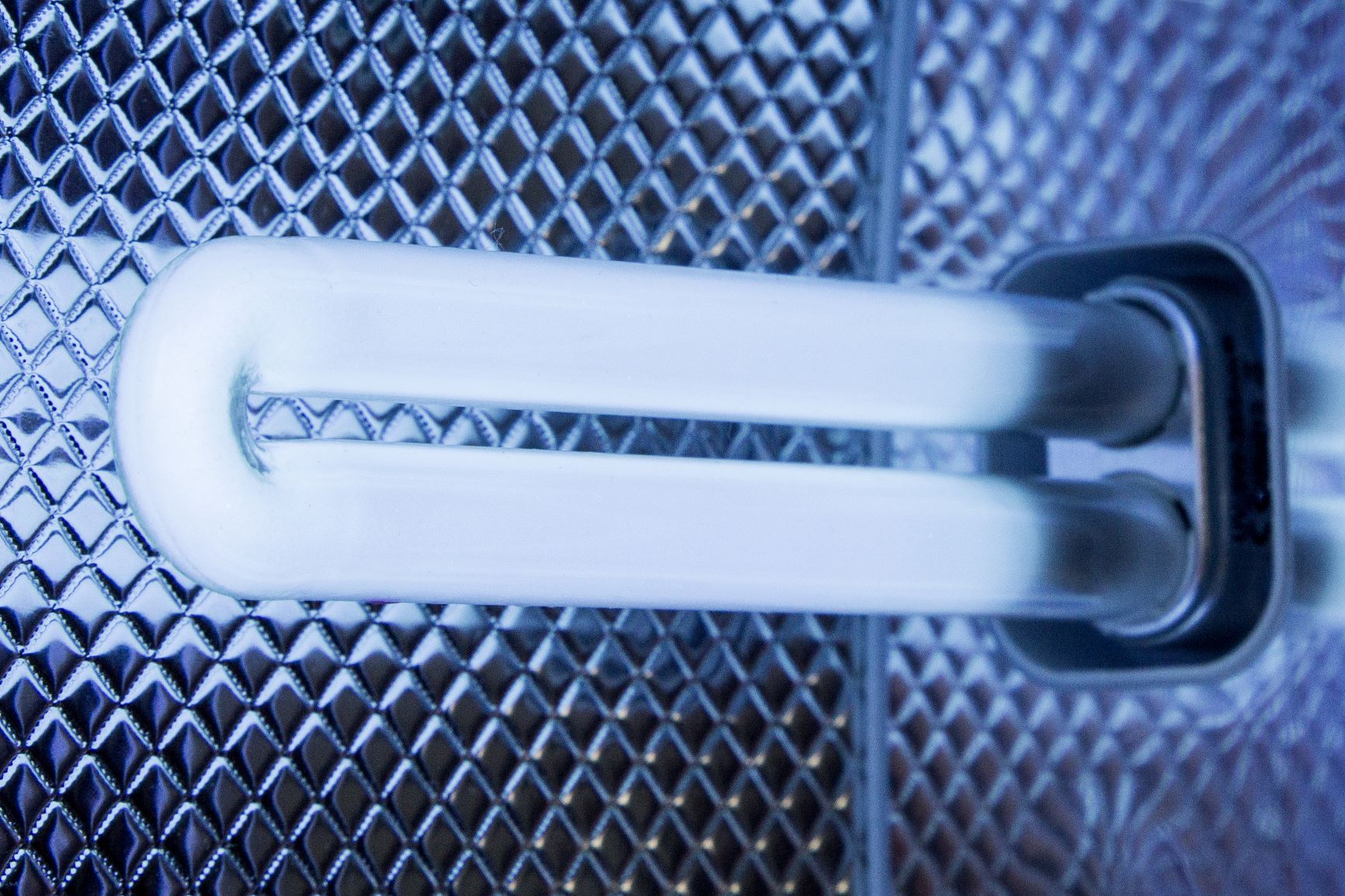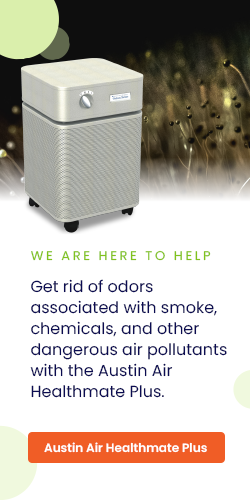The use of ultraviolet, or UV, light inside a HEPA filtration system is not recommended by the CDC.1 There is an underlying belief that UV light will eliminate practically all pollutants and viruses, including COVID-19, and act as an excellent air purifier. Having UV light within a HEPA filtration air purifier can have more disadvantages than benefits and actually become dangerous.
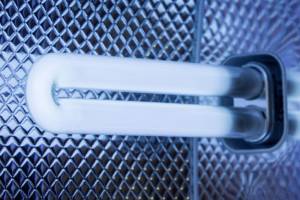
The Problem with UV Light In Portable Air Purifiers
Low Dosage Due to Bulb Coating
There are many reasons why UV light in air purifiers won’t kill viruses. One issue lies in how the bulbs emitting the UV light are manufactured. Sometimes, a bulb coated with a special material reduces how much UV-C is emitted. This means the intensity will be lower. To kill most pathogens and bacteria, you need a high enough dose of UV light to be emitted from the air purifier. When the bulb is not strong enough the UV dosage is weaker allowing bacteria and viruses like COVID-19 to remain intact.
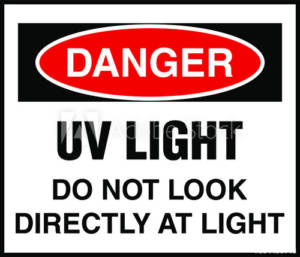
Too Much Interference with HEPA Filter
A study performed on SARS—a close relative of COVID-19, found that exposure to UV-A light had no effect after 15 minutes. Even if UV-C light is being used there are limits to its germicidal capabilities. Studies performed by the American Journal of Infection Control which used UV-C light to kill viruses within filtration materials (in this case N95 face masks), have shown limited effect. This was due to the inability of UV light to penetrate multiple layers of filtration material. Similarly, if you were to use UVC on a much denser and complicated surface, such as a HEPA filter, the light would be incapable of penetrating the fibrous pleats. Microbes must have direct exposure to the UV light in order for it to kill them and something as dense as a HEPA filter makes it impossible to ensure total visibility.
No Reduction in Allergens, Molds or Particulate Matter (PM)
UV and UV-C light purifiers will not eliminate particulates and allergens that are commonly found in homes. Often viruses will attach to these particulates. Furthermore, it’s these particulates containing allergens that cause people to sneeze and cough thereby transmitting virus causing diseases like COVID-19. This means that you will still be coughing and sneezing if you have an air purifier that uses UV light.

UV-C Bulbs Contain Mercury
In fact, a majority of the UV bulbs that are used to disinfect enclosed spaces have mercury within them. If the bulb were to break, highly toxic mercury would get released into your home, causing far more problems than if you had forgone air filtration entirely.

Currently, the Center for Disease Control and the Environmental Protection Agency do not recommend using UV light within HEPA air purifiers. In fact, the EPA itself has publicly stated that “There is no standard measurement for the effectiveness of UVGI cleaners.” Conversely, HEPA filtration systems work great on their own, without bringing UV light into the mix.
Airborne Particulate Matter (PM) and Your Health
Medical Grade HEPA Filtration Is the Safe Alternative
HEPA air filtration has been peer-reviewed and proven to be a safe way to purify the air. This method of filtration removes viruses, microbes, dust, and tiny particulate matter as small as 0.3 microns. Smaller particles are filtered with more advanced medical grade air purifiers like Austin Air down to virus level 0.1 micron. A HEPA filter has the capability of retaining all kinds of viruses like COVID-19.
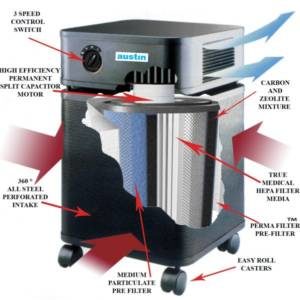
Conclusion
IndoorDoctor only recommends using safe and effective filtration for viruses and other pollutants that can transmit disease. HEPA filtration devices have been around for a long time. There is a reason the CDC, EPA, and other agencies still have no recommendation for using UV inside HEPA filtration devices. UV light has not proven itself to be a safe method of doing so. Therefore, we strongly recommend that you avoid using UV or UV-C light purification systems.



